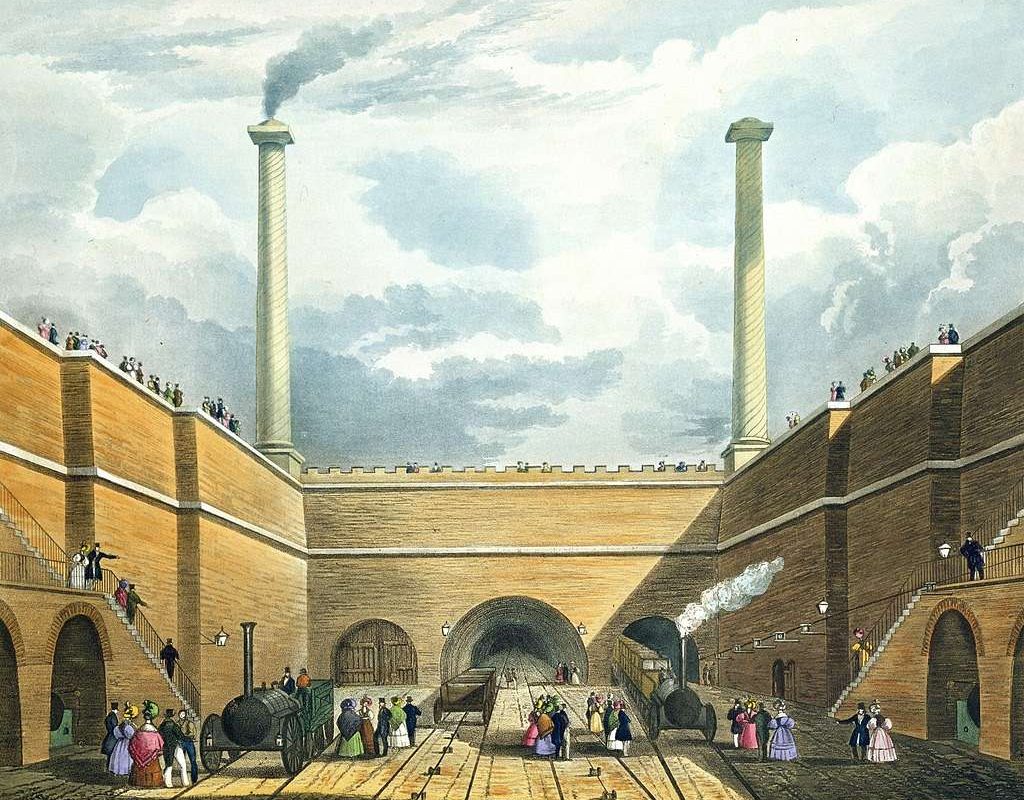Rebellious Daughters of history #16
by Judy Cox

International revolutionary Angelica Balabanoff (1878-1965)
Angelica Balabanoff, was by any standards an extraordinary person. Born to Jewish parents, in Kiev, Ukraine in 1878, she left home aged 19 to study at a radical university in Brussels where she met Russian and Italian Marxists.
After graduating, she continued to study under the Marxist philosopher, Antonio Labriola then she settled in Switzerland becoming a lecturer and journalist for the Italian Socialist Party. She was the party’s delegate to the Congresses of the Second International in 1907 and 1910.
In 1910, Angelica moved to Italy where she organised low-paid immigrant women in the textile factories. She served on the Socialist Party’s central committee and co-edited the party’s paper, Avanti. She opposed the First World War and was active in the anti-war Zimmerwald Movement.
In 1917, she returned to Russia to support the revolution and was deeply moved by what she witnessed:
‘You cannot form any idea of what is taking place here. One witnesses daily the miracle of re-organization of an old, decrepit and rotten system which only the new regenerative forces can put life into; one looks on at this work of constant renewal going on amidst attempts to boycott it, to sabotage and blockade it in all directions.
The spectacle is infinitely inspiring; it fills you with pride; it revivifies your faith in human power and the divine potency of the ideal’.
Angelica became secretary to the Communist International in 1919, working alongside Lenin and Trotsky. She opposed the measures they took to defeat the White Armies during the Civil War and left Russia, eventually settling in New York where she campaigned to raise awareness of the danger represented by Benito Mussolini and Italian fascism.
At the end of the Second World War, Angelica travelled once again to Italy and resumed her activity in Italian socialist politics. She died in Rome in 1965. In her memoir, My Life as a Rebel, Angelica wrote,
‘The experience of over 40 years has only intensified my socialist convictions and if I has my life to live over again, I would dedicate it to the same objectives’.

Disability and Socialism: Helen Keller (1880-1968)
Keller is remembered as an advocate for people with disabilities. She was also a suffragette, pacifist, and radical socialist.
Helen was born in Tuscumbia, Alabama. Her family were confederates. When she was 19 months old, Keller contracted an illness which left her both deaf and blind. In 1886, Keller, was referred to Alexander Graham Bell and went to an institute where she met Anne Sullivan, who became Keller’s instructor and life-long companion.
Helen joined the American Socialist Pary in 1909 and by 1912, she had become a national voice for socialism. In 1913, Helen joined the militant Industrial Workers of the World (IWW) saying that parliamentary socialism was “sinking in the political bog”.
In 1916 she supported strikes against World War One. She welcomed the Russian Revolution and defended Lenin and campaigned for an end to the blockade on soviet Russia. Many of her speeches and writings were about women’s right to vote. The FBI kept a file on Helen.
In the 1930s, Helen became increasingly isolated from socialism although she never stopped campaigning for the disabled.
In “Why I Became an IWW”, Keller explained her motivation for activism:
“I was appointed on a commission to investigate the conditions of the blind. For the first time I, who had thought blindness a misfortune beyond human control, found that too much of it was traceable to wrong industrial conditions, often caused by the selfishness and greed of employers”.
Keller also cited the 1912 strike of women textile workers in Lawrence, Massachusetts for inspiring her support of socialism.
In 1911 she wrote,
“The few own the many because they possess the means of livelihood of all … The country is governed for the richest, for the corporations, the bankers, the land speculators, and for the exploiters of labor.
The majority of mankind are working people. So long as their fair demands—the ownership and control of their livelihoods—are set at naught, we can have neither men’s rights nor women’s rights.
The majority of mankind is ground down by industrial oppression in order that the small remnant may live in ease.”



